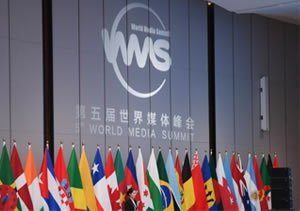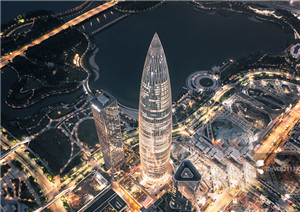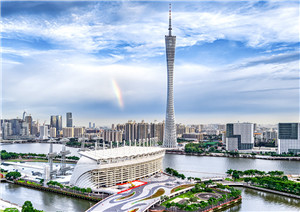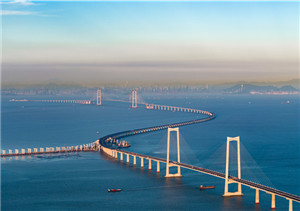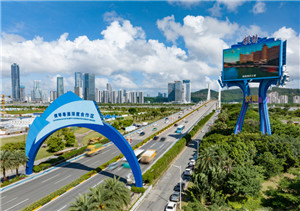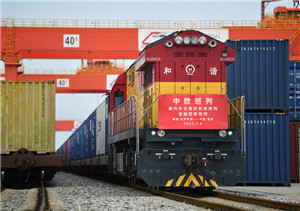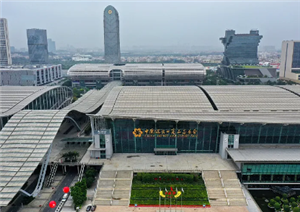Electric vehicle companies from Shenzhen in South China's Guangdong province have gradually taken root in Hungary, bolstering local economic growth and promoting the green transition.
"Companies in the battery industrial chain in Shenzhen, including BYD Group, Shenzhen Kedali Industry, Sunwoda Electronic and GEM have successively invested and cooperated in Hungary, taking root where the traditional automotive manufacturing industry is a key economic pillar," said Chen Shou, president of the Shenzhen Battery Industry Association.
"This has significantly facilitated the restructuring of Hungary's economic ecosystem."
Being one of the first countries to join the Belt and Road Initiative, Hungary boasts strong ties with China. This, along with the country's robust foundation in automotive manufacturing, and the receptive stance toward sustainable practices, has set the stage for enhanced collaboration between the two nations.
In Hungary, the automotive manufacturing industry accounts for around one-third of manufacturing output. Nearly 90 percent of the industry's production is for export, making up one-fifth of Hungary's national export value. The vehicles are mainly sold to European Union member states, especially Germany, according to China Automotive News.
In recent years, the Hungarian government has hastened the implementation of an electric vehicle development plan, which was proposed in 2016, in response to the growing awareness of the imperative to address climate change and the EU's ban on new sales of carbon-emitting petrol and diesel cars by 2035.
The government recently announced a 90-billion forint ($248.4 million) electric vehicle support program. This involves providing subsidies for local businesses to purchase electric vehicles and establishing charging stations along the national highway network.
"Hungary hopes to become an important partner for China in the realm of green transformation, especially in the field of new energy vehicles," Gladden Pappin, president of the Hungarian Institute of International Affairs, told People's Daily.
CATL, a leading global supplier of electric vehicle batteries and a strategic partner of Shenzhen city, is building a 100-gigawatt-hour battery plant in Debrecen in eastern Hungary. It will be CATL's second battery plant in Europe, following a facility in Germany. The construction of the plant is expected to take two years, and there are plans for it to supply batteries to some 30 electric vehicle brands such as BMW, Mercedes-Benz and Volkswagen.
Noemi Sidlo, a spokesperson for CATL in Hungary, said: "While providing the best-in-class battery products to our customers, which will accelerate the transition to e-mobility in Hungary and Europe, the investment will generate substantial tax revenues, create new jobs and become a new driver for local economy.
"What's more, CATL's investment will also help attract both upstream and downstream partners across the electric vehicle value chain to Hungary, thus injecting constant vitality into the country's sustainable development."
China's new-energy vehicle giant BYD also chose Hungary for its inaugural entry into the passenger car market in Central and Eastern Europe. It's the first site in Europe for a Chinese electric vehicle manufacturing facility.
"The facility will be located in the northern part of Szeged, a city in southern Hungary, and is expected to start production by the end of 2025," said Li Wei, vice-president of BYD. The facility, spanning 3 square kilometers, is expected to produce 200,000 cars annually.
"As the Belt and Road Initiative progresses, economic ties between China and Hungary are strengthening," Li said. "BYD will bring advanced technology and automated production lines to Hungary, helping the local automotive industry transition toward electric and smart vehicles, and driving forward sustainable development efforts."
She added the initiative is crucial for the company to enter the global market and expand its presence worldwide.
In April, several battery companies such as Shenzhen Hello Tech Energy and Baoming Technology, reached cooperation agreements during a visit to Hungary, the Shenzhen Battery Industry Association said.
"As China's electric vehicles, power batteries and associated industries come to Hungary and other countries participating in the BRI, a surge in local demand is anticipated. This will involve requirements for technologies such as battery recycling and industrial support," said Chen from the association.
He expressed China's readiness to aid the elevation of technological standards and offer vocational education in Hungary.



